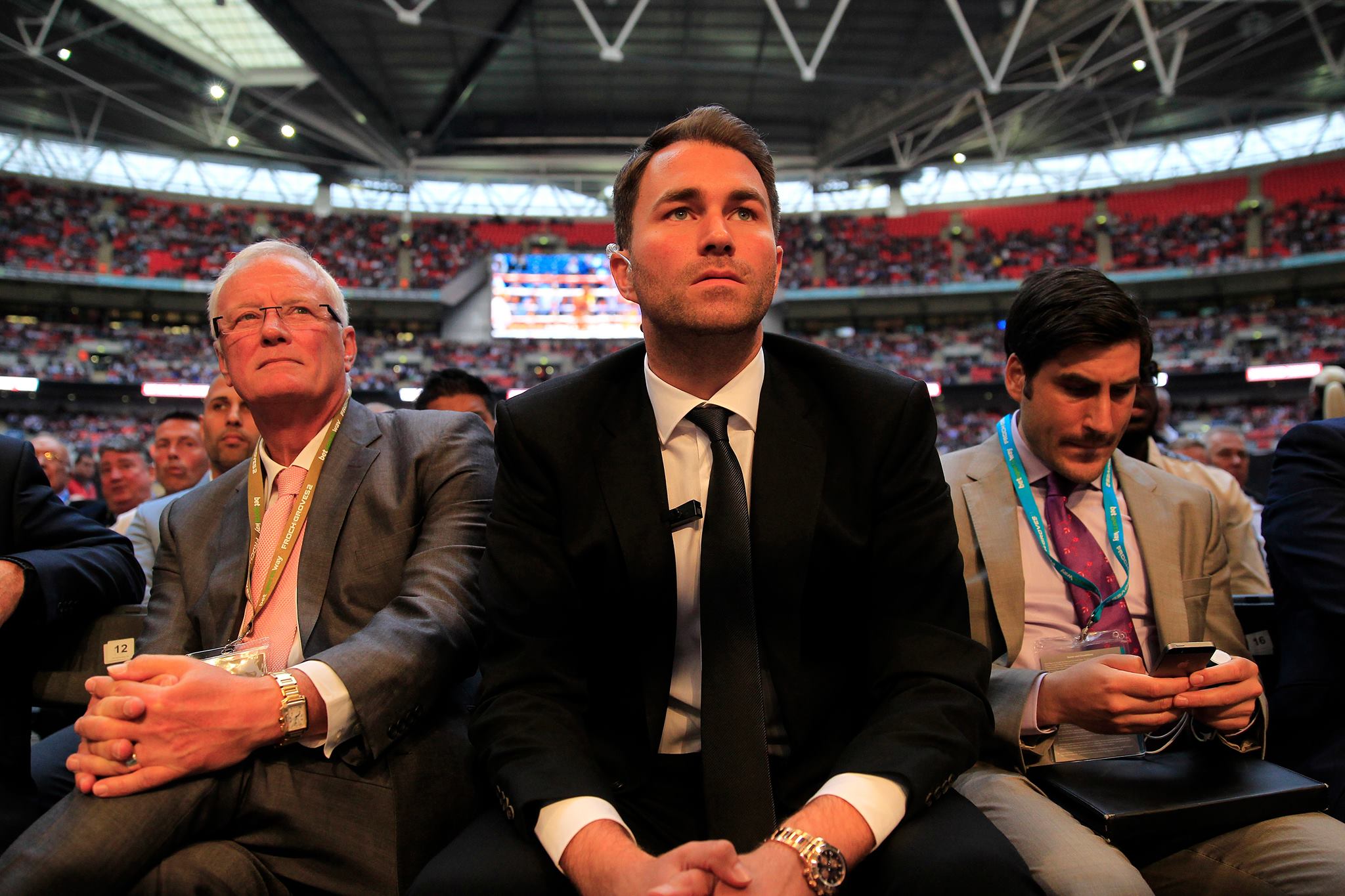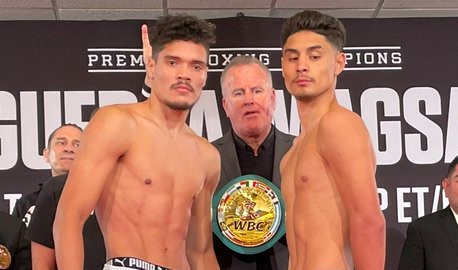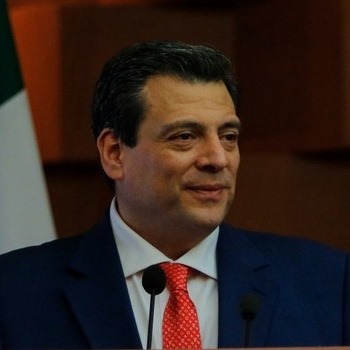by Matt Gerovac
The most infuriating part of being a boxing fan is the perpetual attempt to fully understand why the big fights tend not to happen. You could spend weeks scouring YouTube, boxing blogs, Facebook, and follow everyone and their mother on Twitter, and still not know what actually makes the matches happen. So, it’s important for all boxing fans to know some of the factors that make or break these fights. This is an extremely abridged version, as there could be full encyclopedias written about the eternally unfolding pedals of the business of boxing.
1. Boxing Federations
The IBF, WBO, WBA, and WBC are the main sanctioning bodies that award championships. Ring Magazine also awards championship belts. Currently there is no single boxer that holds all the belts within his weight class. The Klitschko brothers hold all the belts in the heavyweight division, while Floyd Mayweather holds 5 belts in two weight classes.
This fragmentation enables champions to cherry pick opponents from a watered-down pool of fighters. Although many of the top ten rankings in each of the divisions can resemble one another, it’s still easy for champions to pick and choose their next opponents. Plus, much like the Bowl Championship Series in college football, these rankings are subject to opinion, which can explain their, at times, somewhat random appearance. Thankfully, these sanctioning bodies also have rules which name mandatory challengers for their belt holders. If champions do not fulfill their obligations to fight mandatory challengers, they can be stripped of their titles by the federation.
On a side note, the mixed martial arts “Major Leagues” of sorts, the Ultimate Fighting Championship (UFC), employs all it’s fighters. This is the reason why the best fighters in the UFC always end up facing off sooner or later. With all the fighters getting paid by the same employer, they have more of a tendency to cooperate. This gives UFC a leg up on boxing because there is exponentially less red tape to cut through in order to make the big fights happen.
2. Boxing Promoters
First, let’s examine the reason why boxing promoters get into this line of business: Money. Period. Most of the money a boxer makes comes from the purse, or the money they earn once they step into the ring. Win, lose, or draw, the boxer is the one taking the physical risk, but promoters take the financial risk. Promoters put up all the money to make a boxing event happen from advertising, legal fees, and licensing to name a few. However, because of this huge financial risk, promoters make the most money. They may get a chunk of the boxer’s purse, money made from any network or pay per view deal, and venue admission.
Problems arise because different boxers work with different promoters. For example, one of the key reasons why a Manny Pacquiao/Floyd Mayweather bout hasn’t happened is because Pacquiao’s promoter, Bob Arum, and The Money Team (TMT) have found it impossible to come to an agreement. In recent articles, an estimated $300 million dollars could be made from this mega-fight. With that amount of money to go around, one would think Arum and TMT would be able to find it in their hearts to forgive whatever has happened and reach an agreement.
3. Styles Make (or Break) Fights
Management teams have the responsibility of handling their fighters in a way that will maximize their earning potential, while minimizing the obvious physical risks. So, management has the right to approve or deny any proposed bout, with the exception of a mandated challenge. Boxers have to have the mentality that they will fight and beat any person that steps into the ring with them. However, their teams have to exercise extreme discretion when it comes to choosing the next opponent.
A great example of this can be seen with how a young prospect is brought up through the ranks. If a young boxer has a promising amateur career, his box office potential is much higher than an unknown fighter that doesn’t have the amateur pedigree. So, a highly-touted prospect may be eased through his first ten to twenty fights, never forced to face a challenger that would test his skills, chin, or heart. This can be a blessing or a curse for young boxers. These youngsters can still be wet behind the ears only to find themselves ranked by several federations. It can be a recipe for early career suicide as boxers and their management can be wooed into bouts for which they’re not prepared. A boxer may have never tasted the power of a world class opponent until it’s on a very unforgiving world stage.
So, what can fans do to influence boxing’s powers to shift, giving us the fights that we all want to see? Don’t buy it. If you don’t feel a pay per view event is worth your time and money, don’t pay for it. Besides, it’ll be streaming somewhere or, at worst, be available on YouTube early the next morning. It’s still possible for the fans see the best fights, but only if we put our collective foot down. It is our job as the fans to help govern what can be a very corrupt sport. So, demand the big fights. Do not settle and pay for fights that continue to get the rich richer and make an already dying breed of boxing enthusiasts even less enthusiastic.


















